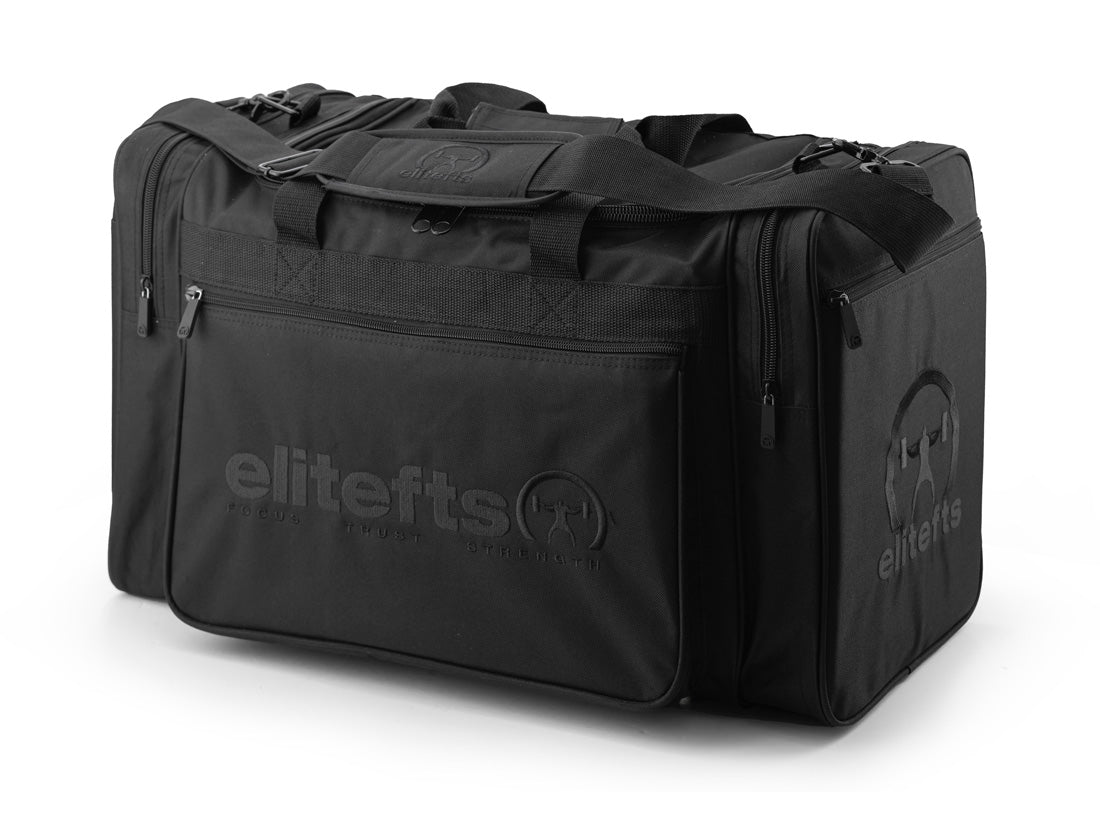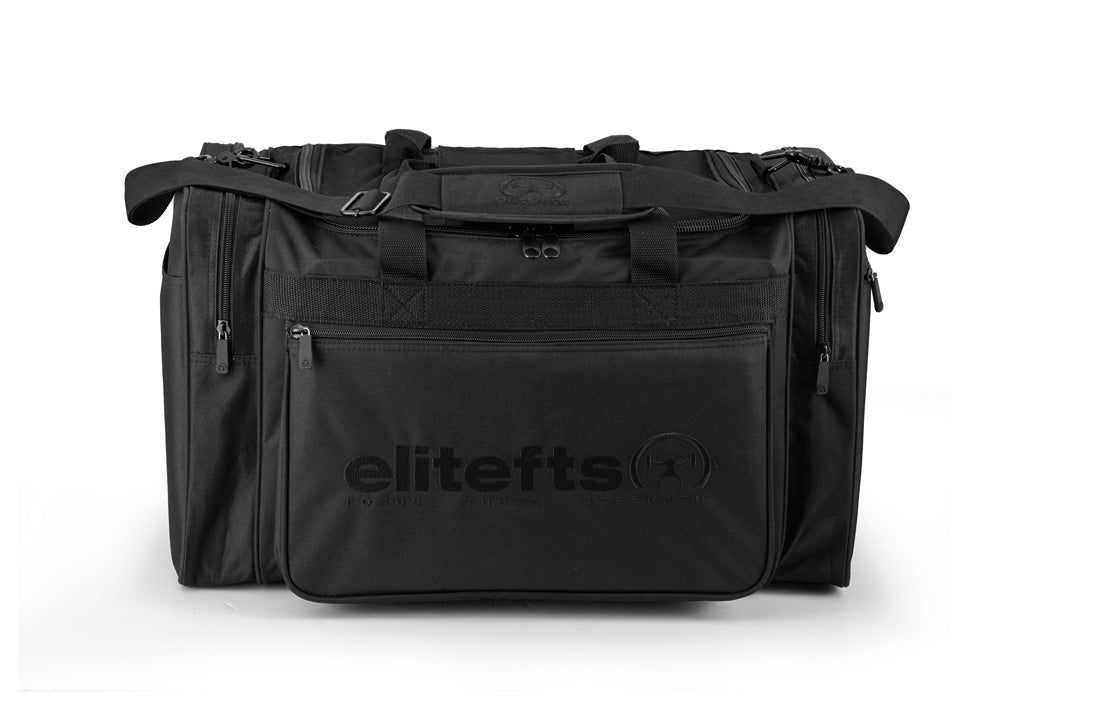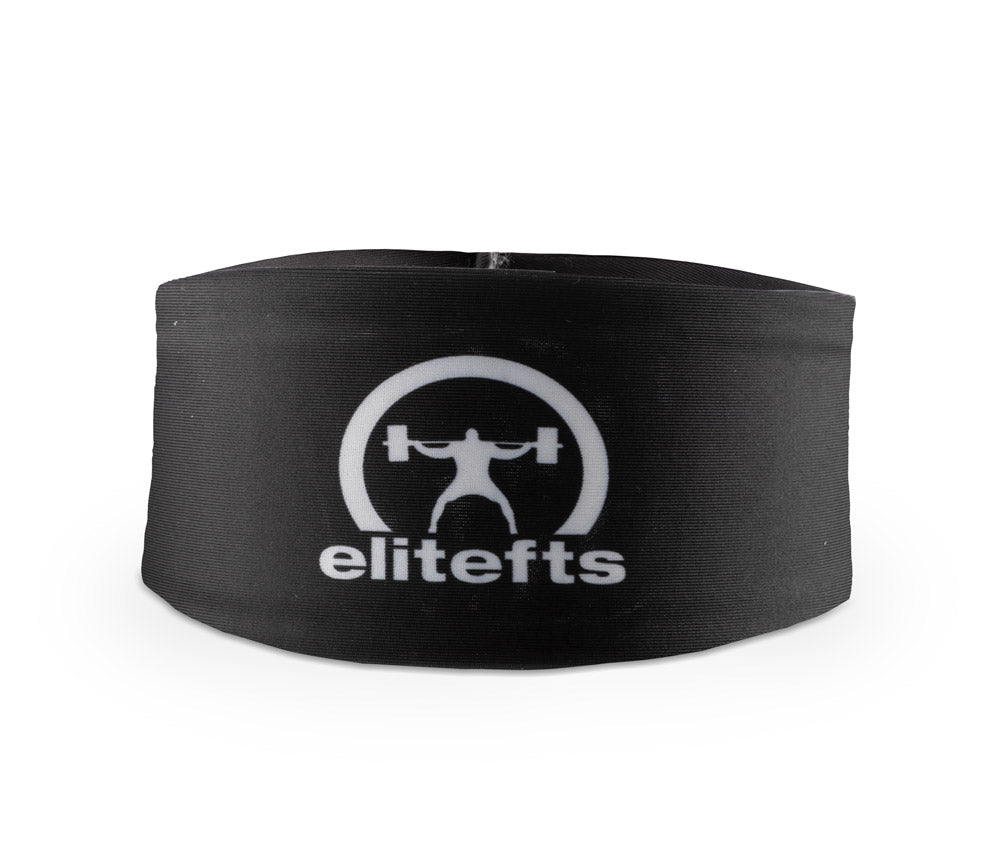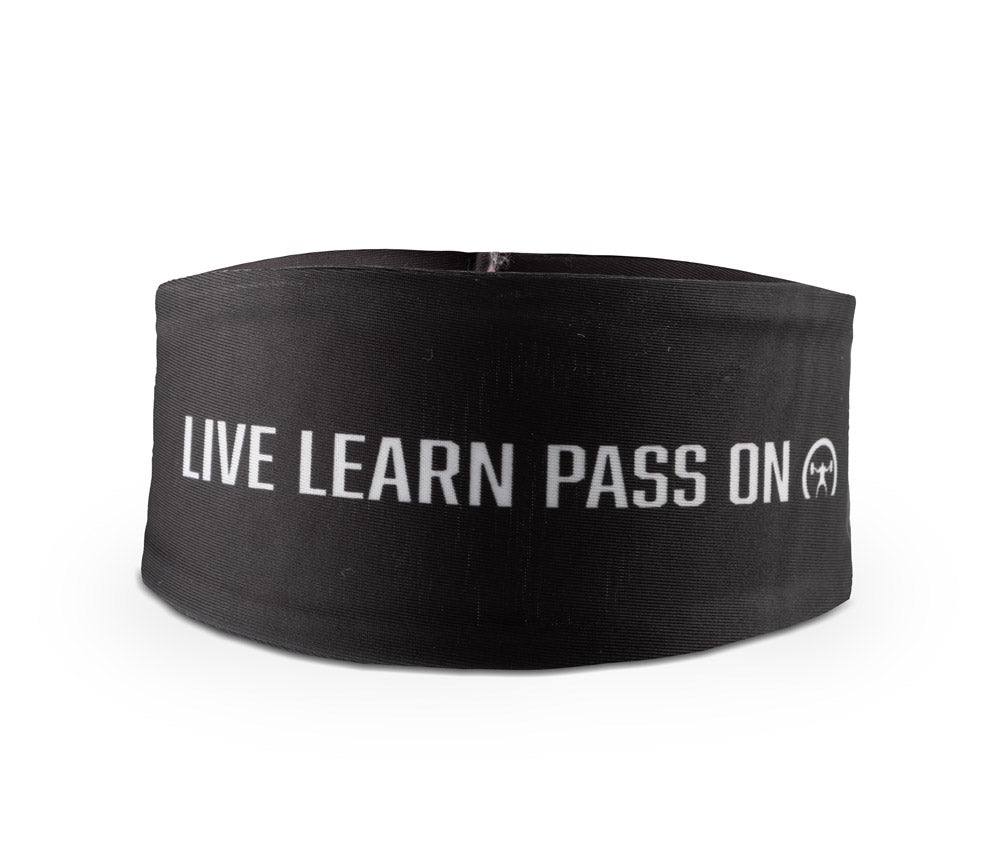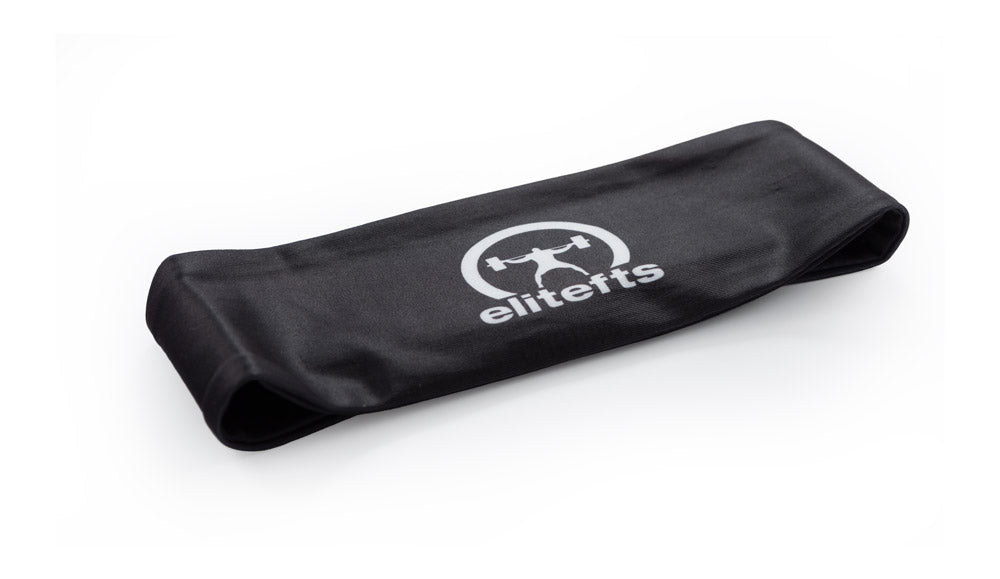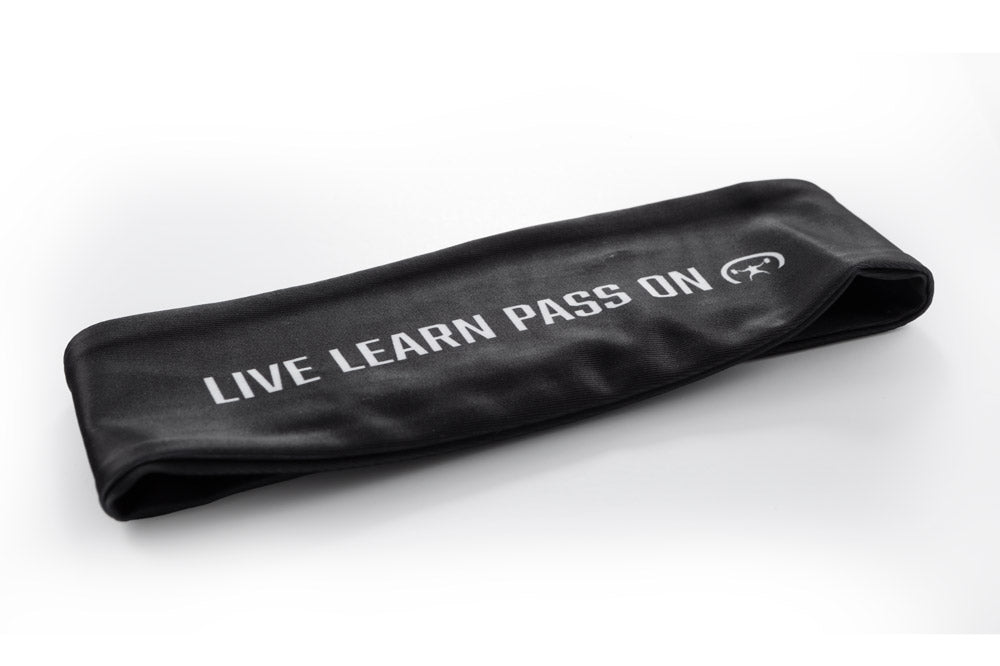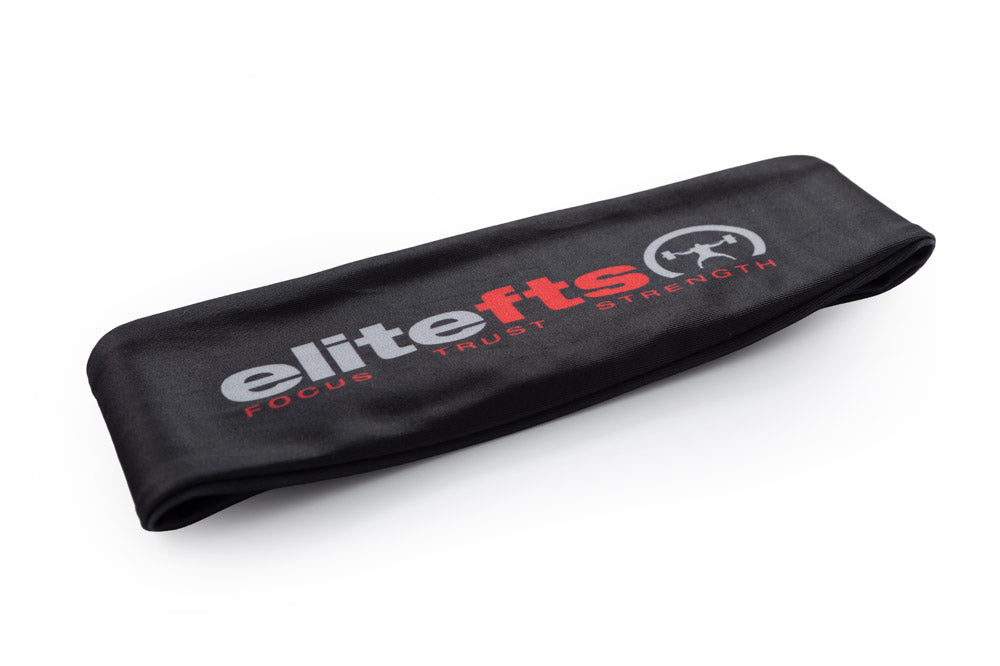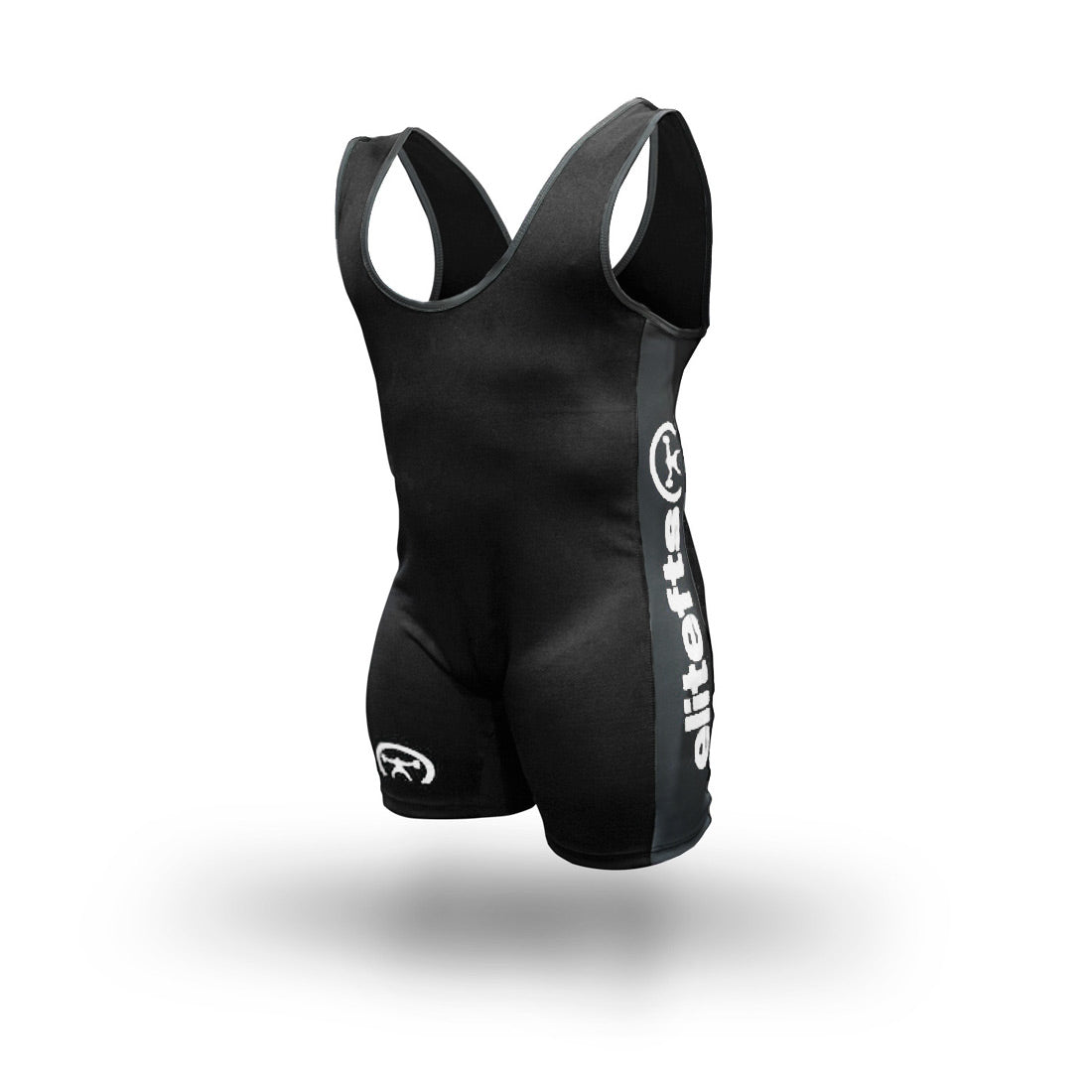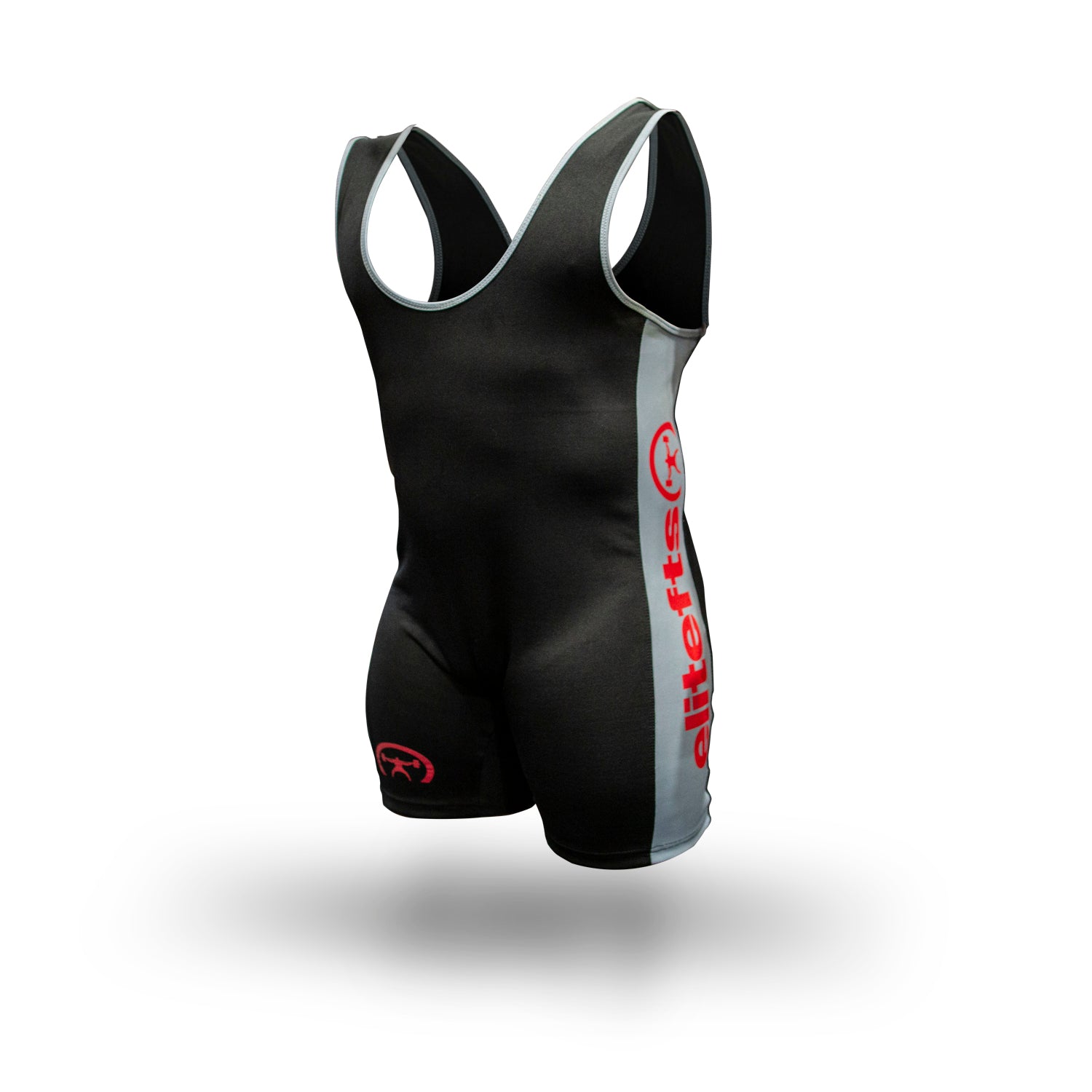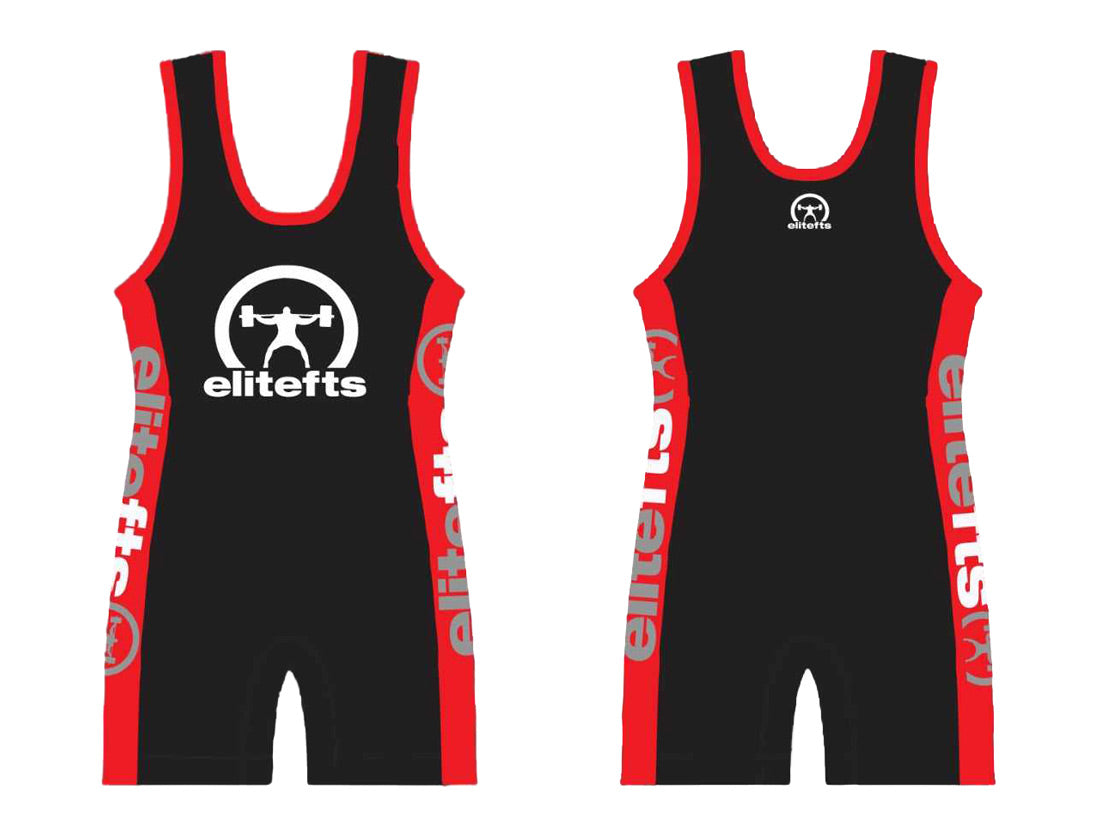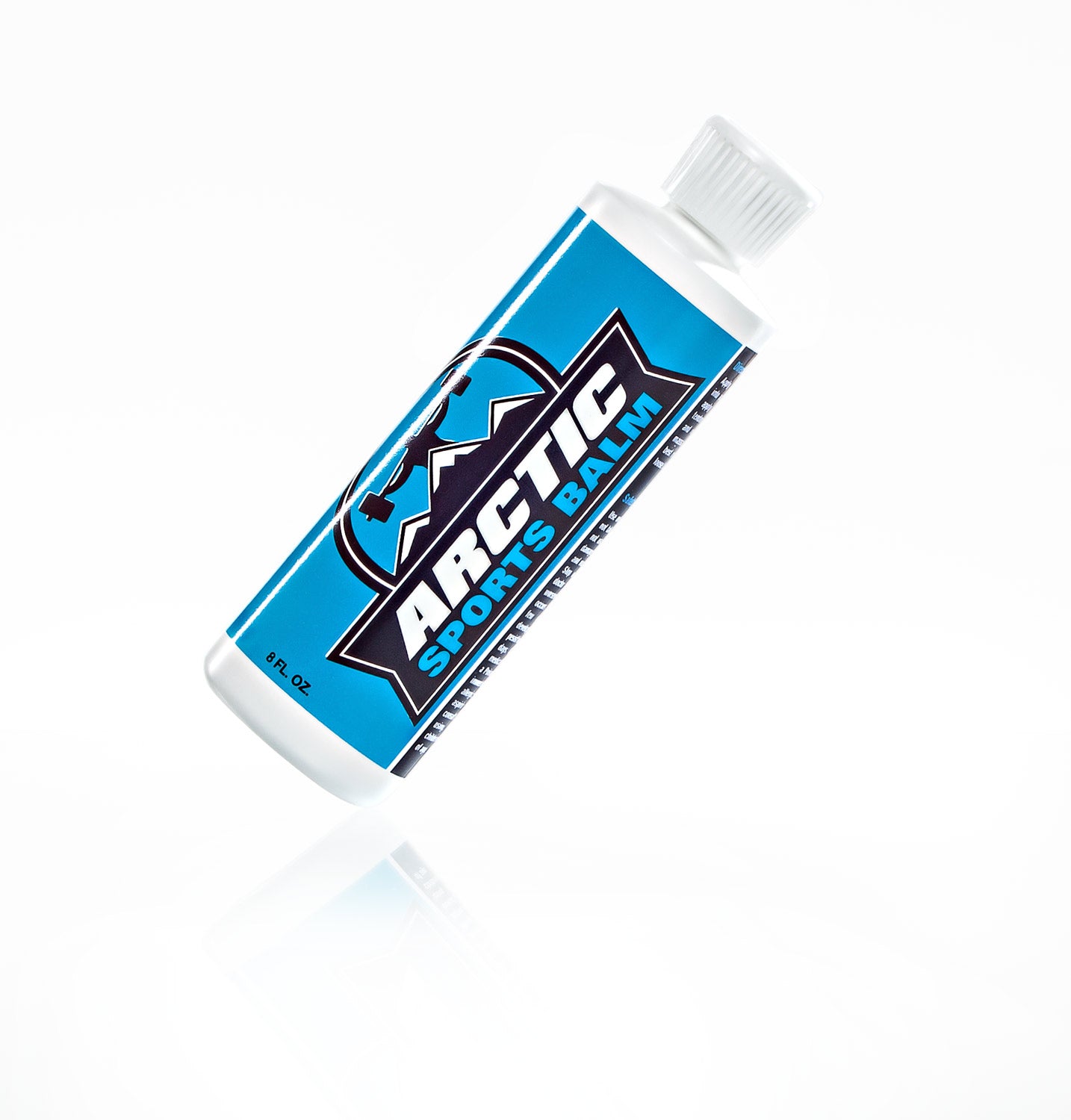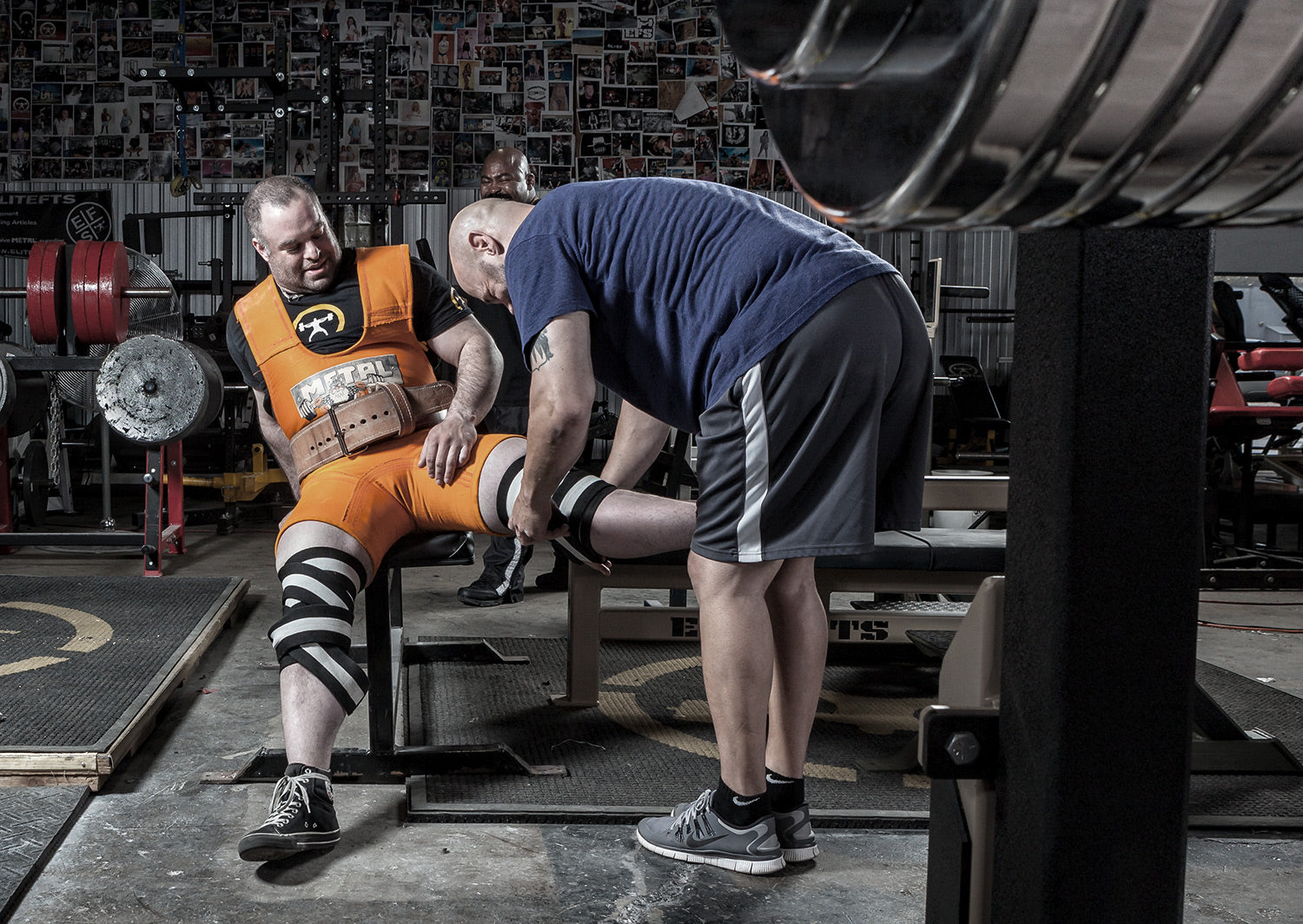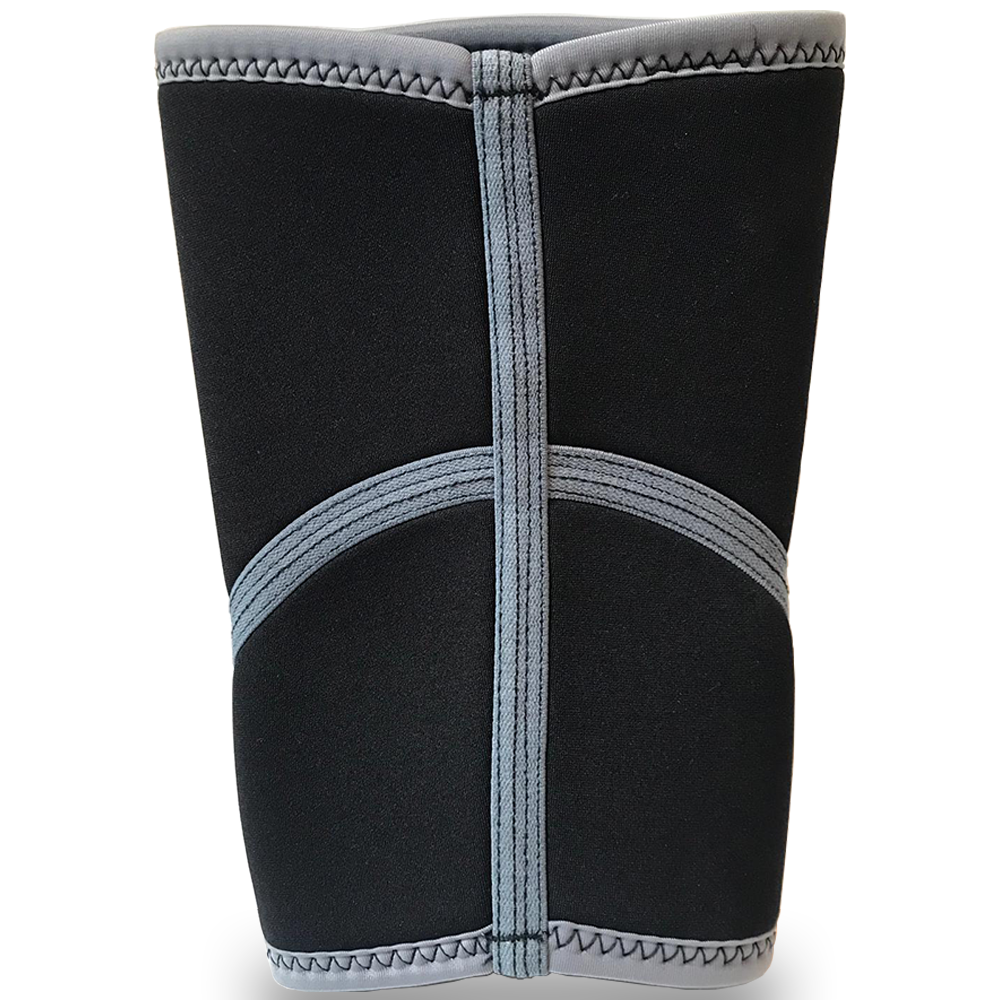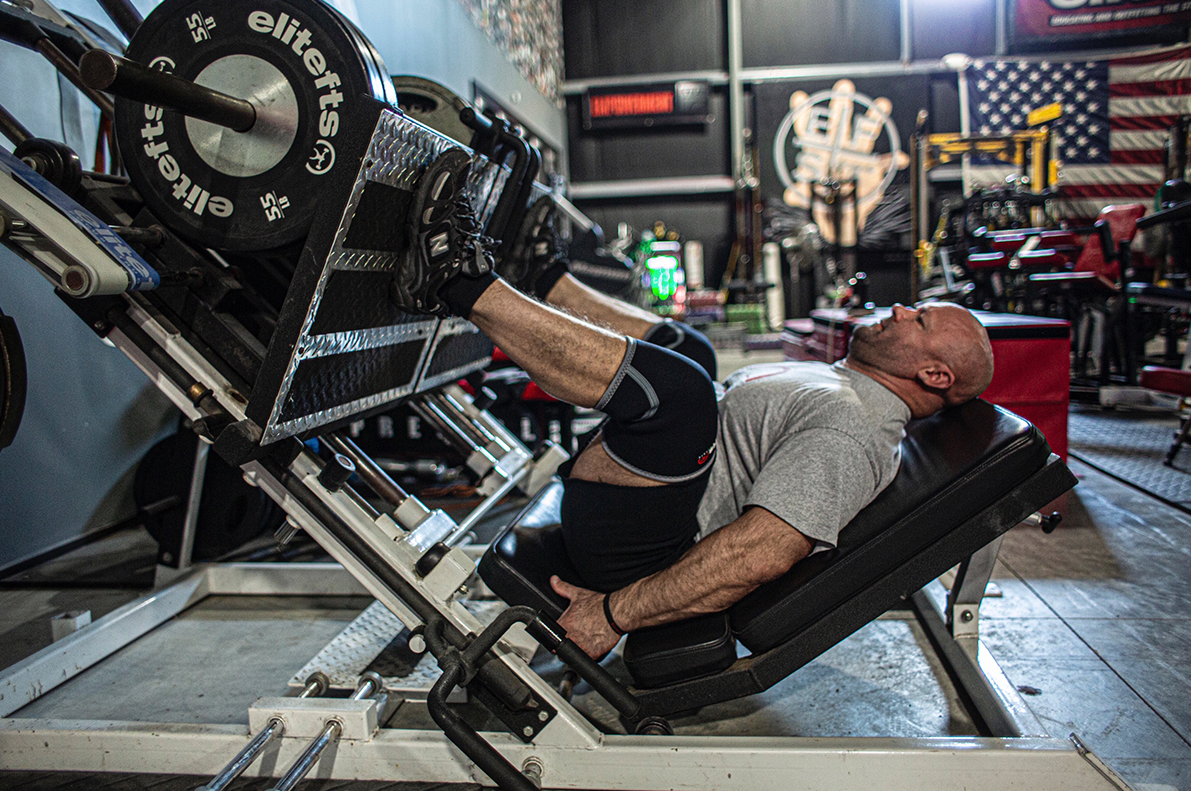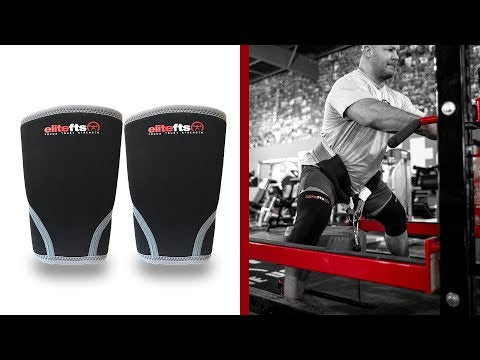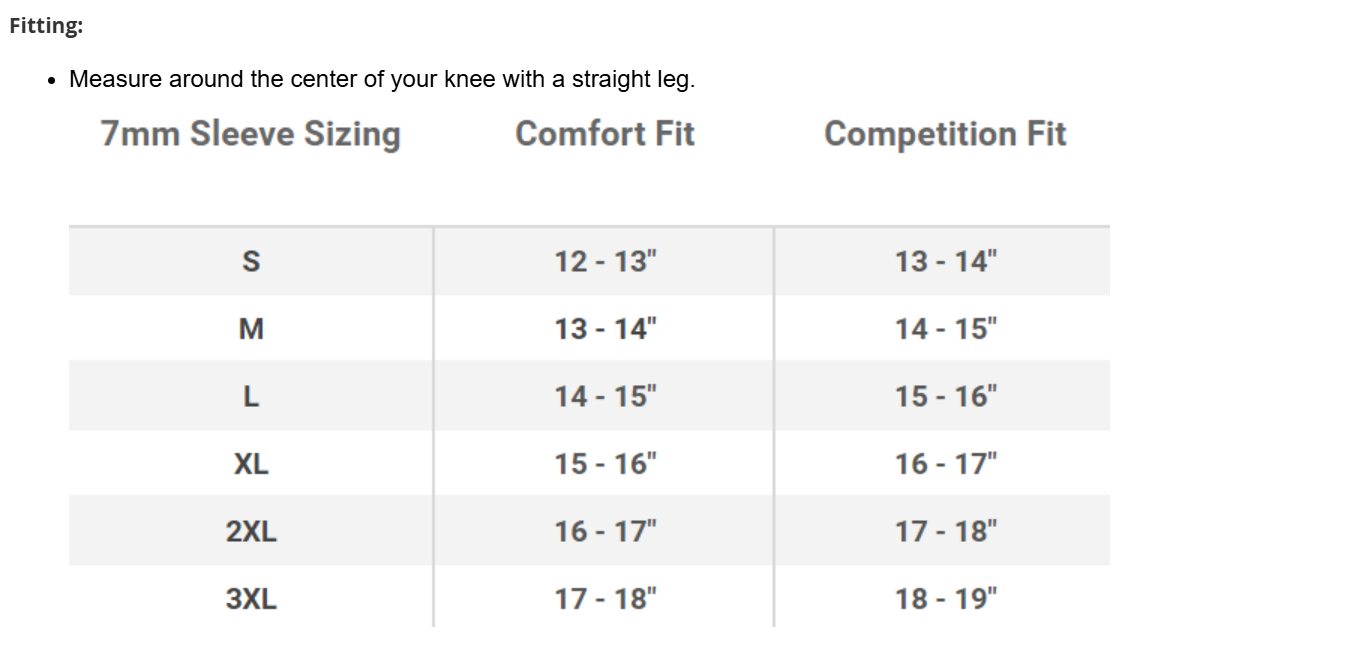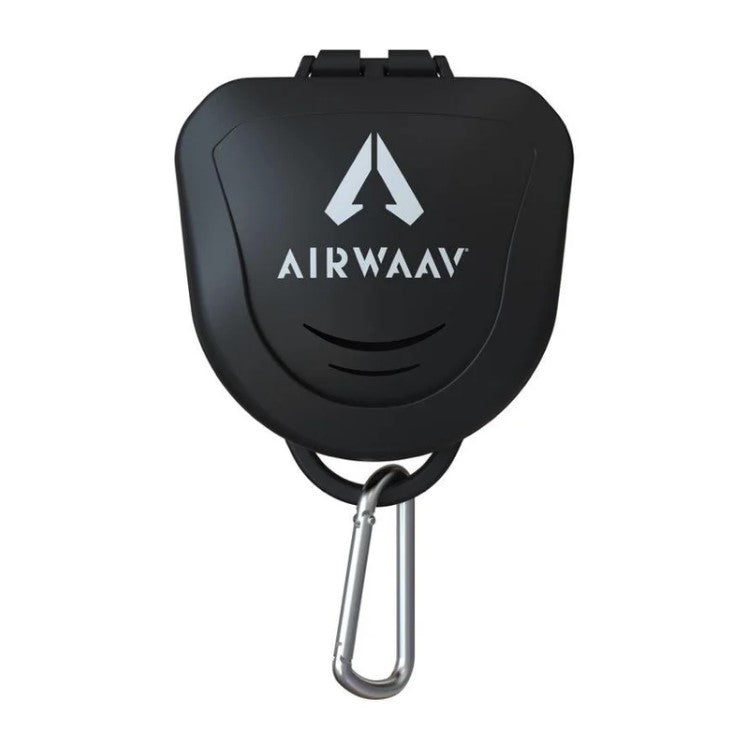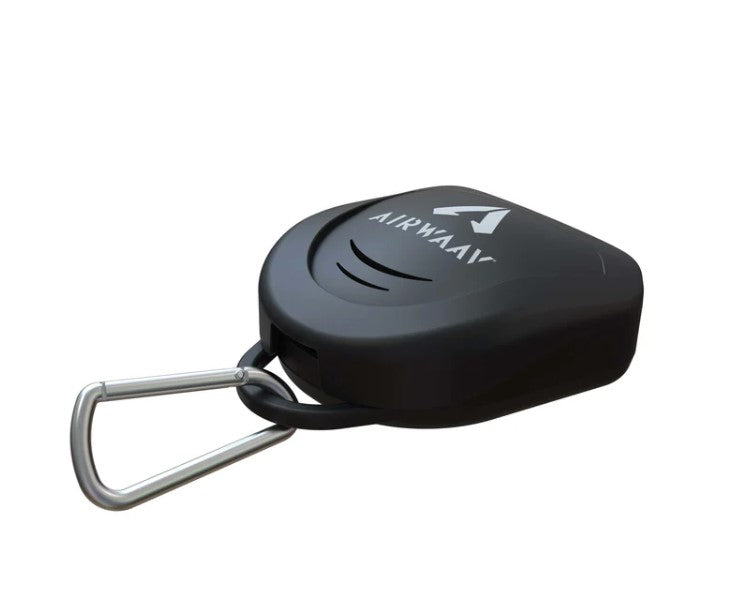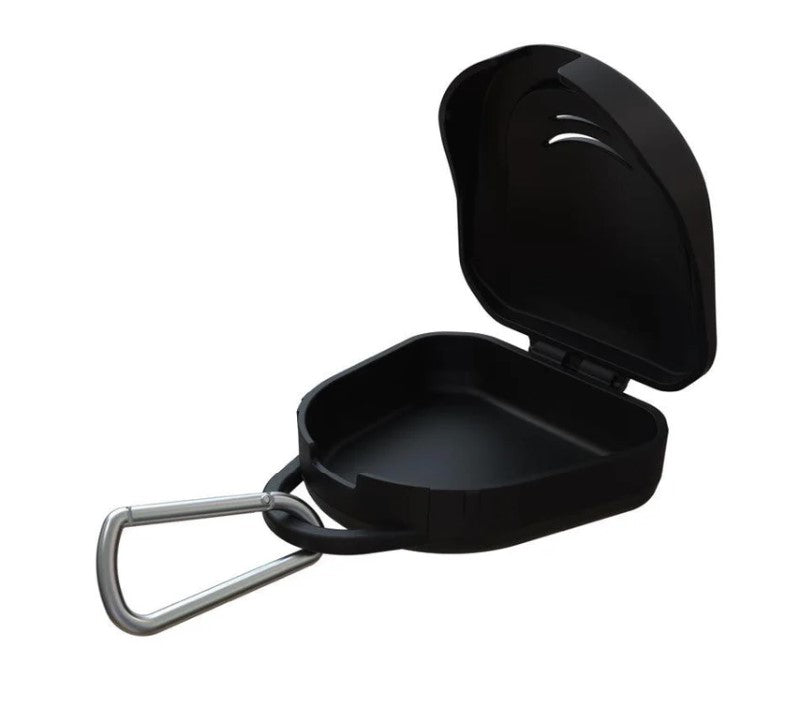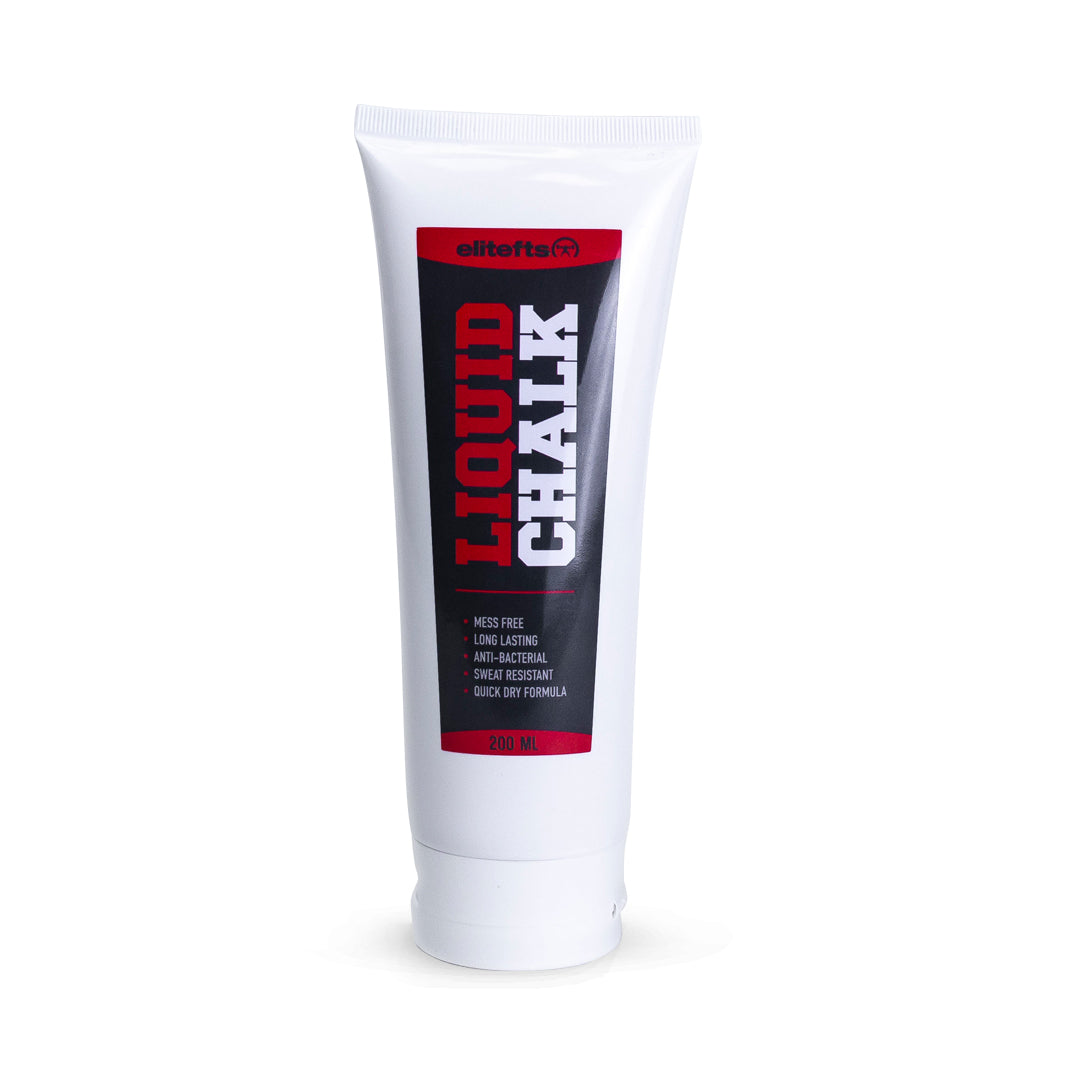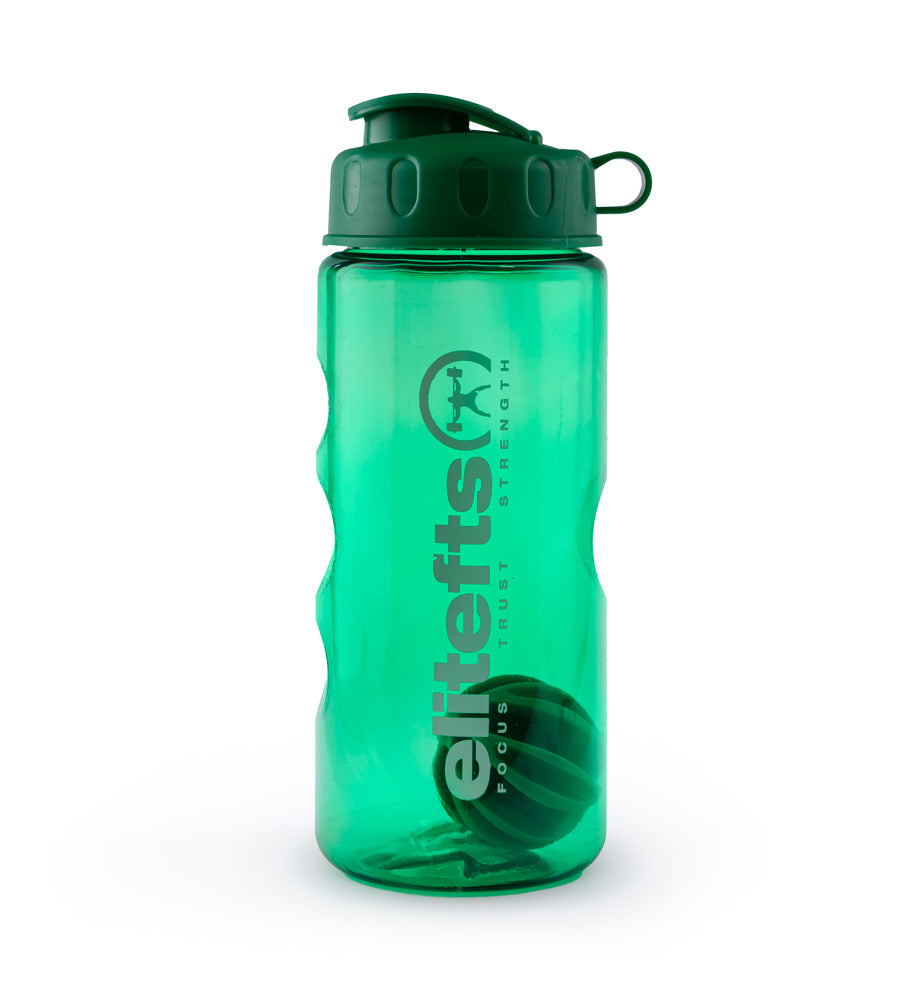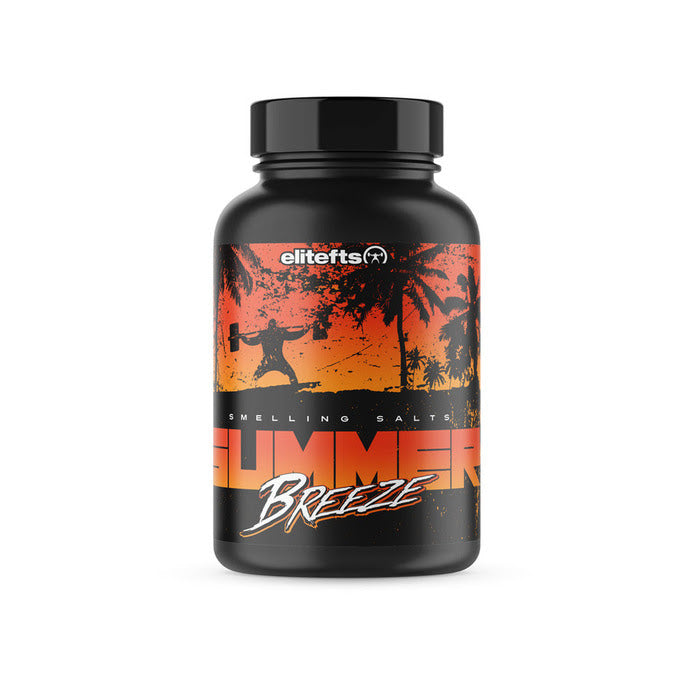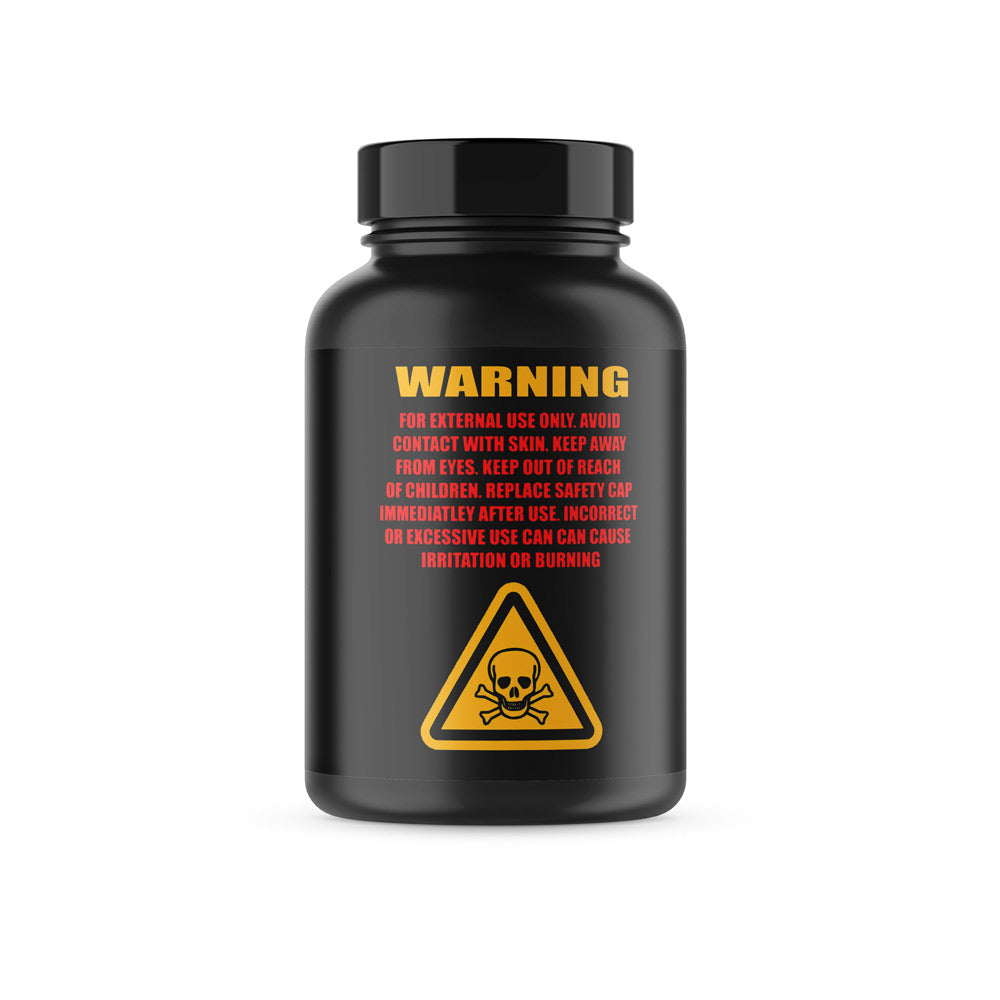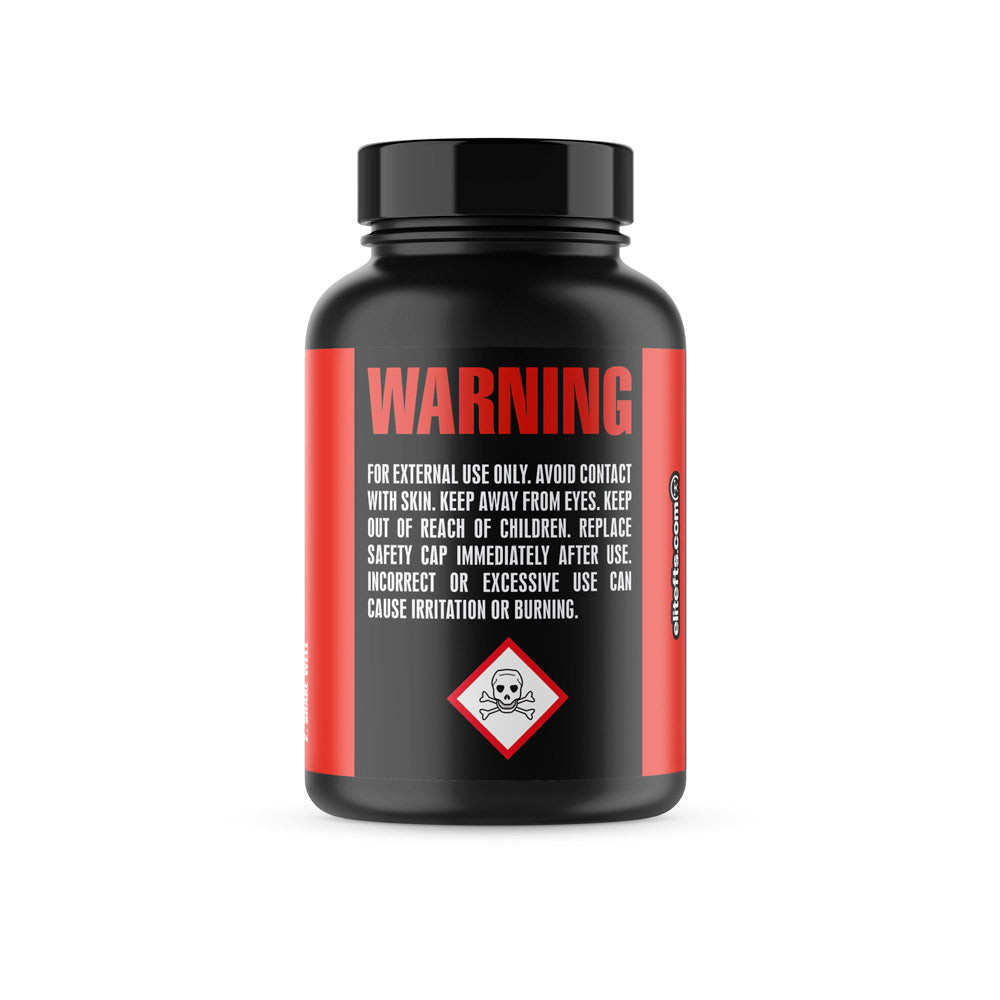I started competing in powerlifting when I was 26 years old. Looking back now, at 35 years old, I wish I would have started sooner. I really wish I would have listened to a lot of the advice I was given back then. From competing and owning a powerlifting/strong(wo)man gym for 10 years, I find myself repeating a lot of this same advice.
I get it, you’re young and you think you know everything because you are making progress. Progress is great, but things get more difficult the more advanced you get. We all know a newbie can do almost anything in the gym and they will improve rather quickly. At this point in my career, I’m happy with a five-pound PR on just about any of the main lifts. Just think, if you can add just five pounds to each lift every week, how strong would you be in a year? Of course, this is impossible to keep up with, but you get the point. Making a 20-pound jump each week until you blow your back out is a quick way to be out of the iron game. Now, I know some of you have heard these things before, maybe you listened, and maybe you didn’t, but let me give you some advice from my perspective. Don’t worry, I’m not just going to say you should do the things you suck at…although that is true to an extent.
1. Always go for the small PR.
This one is frustrating to watch when it goes wrong. I’ve seen so many lifters go for a 10-pound PR and just barely miss it. If it was five pounds less they would have had it, and their entire mood would have changed from a missed lift to a success. We all know how failing at a lift makes us feel. Honestly, it can ruin my whole day if it’s a weight I should have had. That may sound silly to some of you, but that’s how serious I take my training.
RECENT: Strongman Conditioning for Powerlifters
Also, going for a bigger jump is going to put you at a higher risk of injury. Let’s say you get that big deadlift but your back rounded like a fishing pole, and now you can’t stand up straight. Go for the small jumps, keep making progress, and be less likely to be injured.
2. Don’t go heavy all the time.
This can go along with not making big jumps for PRs, but what I really mean is rep ranges. Using only singles, doubles, and triples is a sure way to beat you up and halt your progress. I know, I know, anything over five reps is cardio according to some powerlifters. If you think that’s true, then you really need to be doing some squats in the eight to 12 rep range. Aside from having improper form, if you wonder why your joints constantly hurt I can guarantee you this is why. Also, a lot of powerlifters out there definitely need some work in the hypertrophy range of eight to 12 reps in the first place. I really can’t see how having more muscle can be a bad thing.And please don’t give me any BS about staying in a weight class. If you are a beginner to the sport you shouldn’t care what weight class you are in. Just get stronger! Unless you are out there to break some world records, don’t cut weight. And I mean real world records, not some random federation world record. Please don’t get me started on state records either. Now that you have read my small rant, remember that reps build strength. Heavy singles are only a test. Check out
JP Carroll, who just totaled 2250 using
5thSet, pulling 620 for his final set of eight.
Also, if you haven’t yet, check out Joe Schillero’s blog about going too heavy:
One of The Biggest Mistakes People Are Making in Programming.
3. Follow a program.
I’m sure many of you have heard this before, but I still see it: lifters randomly putting together their workout in the gym. If you take your training seriously you should have a plan. I ask people all the time when they come in what they are training today. To no surprise, the stronger experienced lifters have their whole plan mapped out, while the less experienced will shrug their shoulders and say “some bench.” I don’t want to sound like a broken record, but any program you follow you need to give a chance. Two weeks is not sufficient, so stop being a program jumper. You have two powerlifting programs right here with5/3/1 and
5thSet. If you read them you can see that both take time to develop, but I promise you will make progress if you follow them correctly.
4. Hire a coach.
This can be a whole article in itself, but if you are a beginner you need to work in-person with someone who is qualified. You may have the best online coach, but sending your videos in is not the same as working with someone face-to-face. I know this can be hard to come by, and the tough thing is that the strongest powerlifter around may not be the best coach. It takes a lot of time and experience to be able to spot problems that are different from their own. I’m sure we’ve all heard people complain about the abundance of online coaches taking over the internet — people who have competed a handful of times and now think they can program for people. Most of the time these coaches just send you the same general program they use, because it’s all they know. Or even worse, they have a coach and just regurgitate that program. There are plenty of seminars you can attend as well. I gained much of my experience from working with coaches that have been around much longer than me.Swede Burns and
Chris Duffin have seminars year-round. Do yourself a favor and attend them.
5. Don't push training too hard right before a competition.
I’m sure we have all seen the Facebook post after a disappointing meet about how they hit all their numbers in training, and somehow couldn’t put it together come meet day. Now, there are a lot of things that can go wrong, and honestly, there are some days you just don’t have it, no matter how perfect your training went. However, what I’m talking about is going too hard too close to a competition. I remember spotting someone for a squat one week from the meet and seeing them fail the rep. The person just shrugged it off and said, “It will come together meet day.” Well, it didn’t, and I know exactly why.Personally, I like to start deloading almost two weeks out from a competition. You have to remember that you are not going to get any stronger a week out from a meet. All you can do is screw things up. When I first got into strongman I used to go through all of the events the week before, exactly how the competition was going to be. It didn’t take me long to figure out why I was feeling so beat up come the day of the competition. Just think how much a slow heavy single on a deadlift drains you. I know for me I’m spent for almost two weeks. If you find you have this problem, start shutting things down earlier and giving your body a rest. You will be amazed what you can do when you are feeling 100%.








